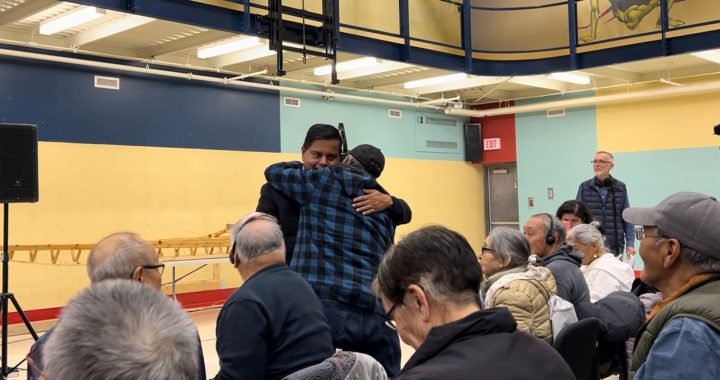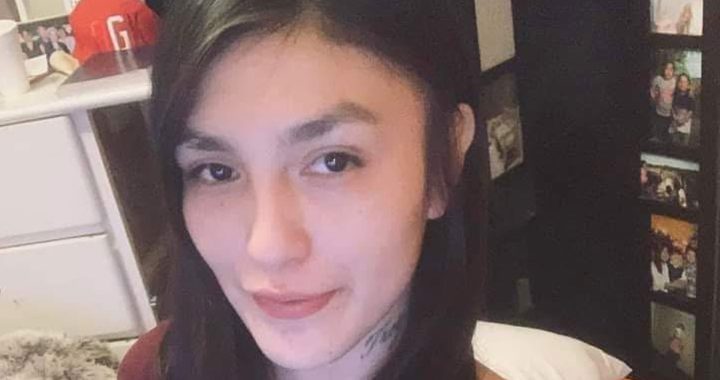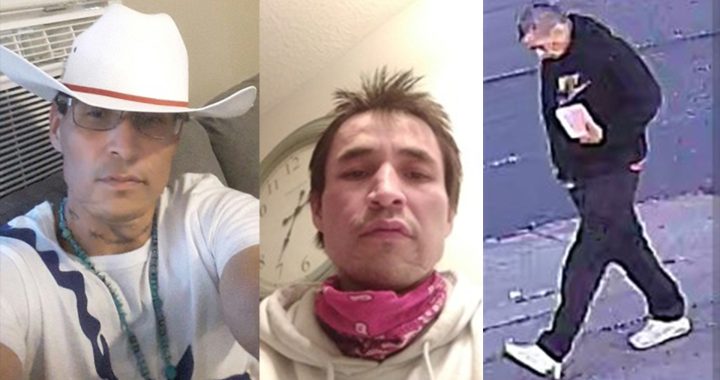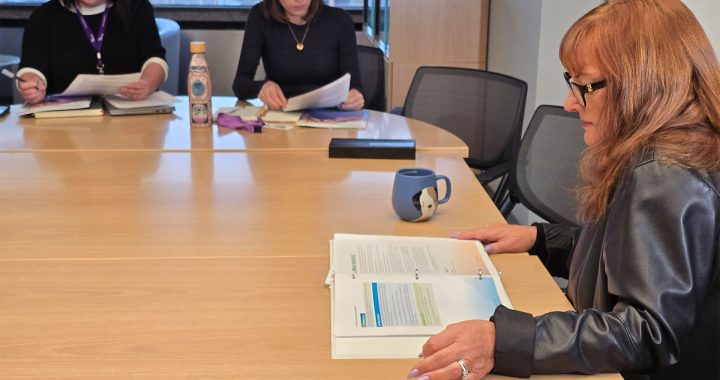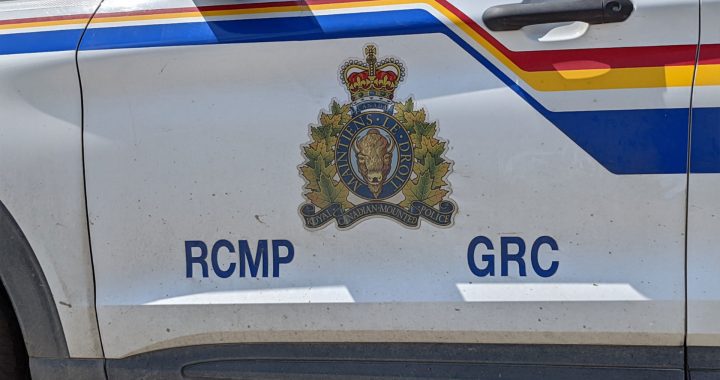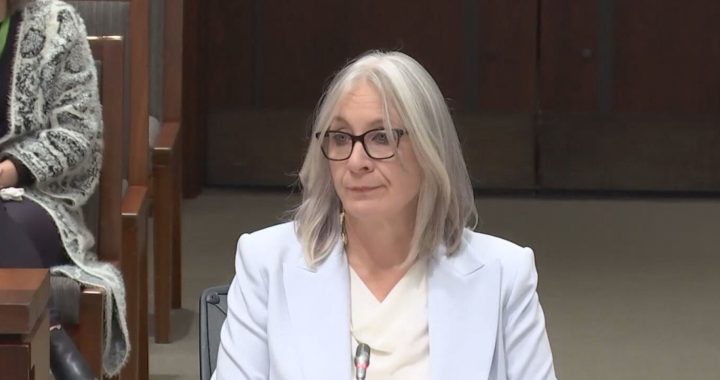The Carcross/Tagish First Nation is hopeful new programs and services introduced since declaring a state of emergency last January will help address an addictions crisis that’s gripping the Yukon community.
On Feb. 10, the C/T First Nation held a ceremony to honour the declaration’s one-year anniversary.
“We have to honour the people we lost and help assist the people who are still struggling,” said deputy Haa Shaa du Hen (chief) Darla-Jean Lindstrom. “The crisis is not going to go away tomorrow.”
The Nation is located in Carcross, a small community of around 300 people an estimated 70 km south of Whitehorse.
Last January, C/TFN declared a state of emergency after three people died of fatal overdoses during the first week of 2022.
Former Haa shaa du Hen (Chief) Lynda Dickson said the declaration was made to guarantee more funding and supports from the territorial and federal governments, and raise awareness about addiction.
“We lost three people in six days, and it’s fearful,” Lindstorm said.
Tracy-Anne McPhee, the Yukon Health and Social Services minister, similarly declared a substance use health emergency last year on behalf of the Yukon government. She said the goverment was dedicated to addressing the issue of addictions in communities.
“I thank C/TFN leadership for taking the bold step in their declaration. (It) certainly drove us to recognize that this is something we needed to all work on together,” she said at the event attended by community members, officials and harm reduction specialists.
‘It’s going to take awhile’
Lindstom noted several more people from the community had overdosed or died in the last year.
Wearing black markings on her face as a traditional sign of mourning, Lindstorm spoke at length about how it’s affecting her community.
She said poverty, racism and intergenerational trauma are to blame.
“This is what’s forced us to make us deal with the issue,” she said. “We’re often overwhelmed with the hurts and the trauma of yesteryear.”
On top of addictions issues, the community is also mourning the death of Aaron Smarch, 35, who was murdered earlier this month.
“It’s going to take awhile. We lose people – not a week goes by when we hear of something,” Lindstorm said.
Gary Johnson knows the issue all too well.
Now sober himself, he’s concerned many youth in the community are being influenced by the drug culture.
“A lot of young guys and a lot of young girls think it’s cool to be thugs, to be tough,” he said.
“As a person that used to live in that lifestyle it’s completely opposite of that, it’s scary, you never know what can happen.”
Meeting them where they’re at
C/TFN Health and Wellness Director Stacey Robinson-Brown said the new programs and services are geared towards harm reduction.
The event included the unveiling of a new outreach van, whose staff will distribute items like naloxone, snacks, clothing and menstrual items.
Robinson-Brown noted there is often a gap in services after hours the van will help address.
“Having the outreach van is really another mechanism that we can use to help people where they’re at, meeting them literally where they’re at,” she said.
“We know not all crisis is before 4:30 in the afternoon, so being able to address this is really important.”
For now, the van will operate during the evenings a few days a week and every other weekend. Eventually, it will operate more frequently once it has additional staff members and volunteers.
Robinson-Brown said C/TFN is also offering treatment to those who need it, as well as after-care when they return.
In the last year, 26 C/TFN citizens have participated in treatment programs. While three people have since opted out of treatment, four have gone on to second-stage programming and are living in sober housing facilities.
While there’s still much to do, Lindstorm said her people are trying to address the issue of addictions in a good way.
“We’re all here together, trying to move forward, and trying to meet people at where they’re at.”




